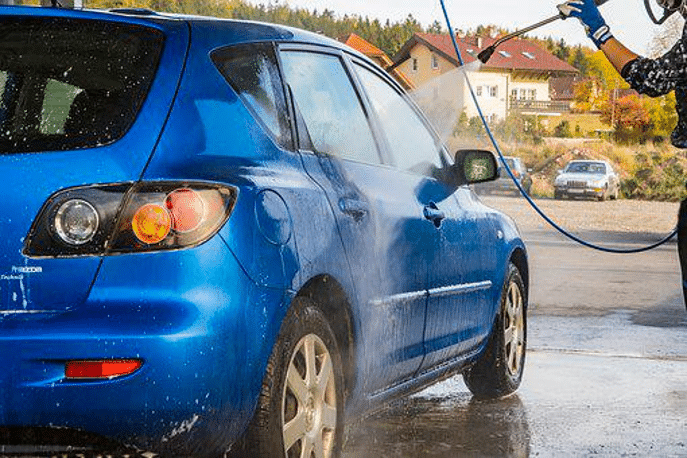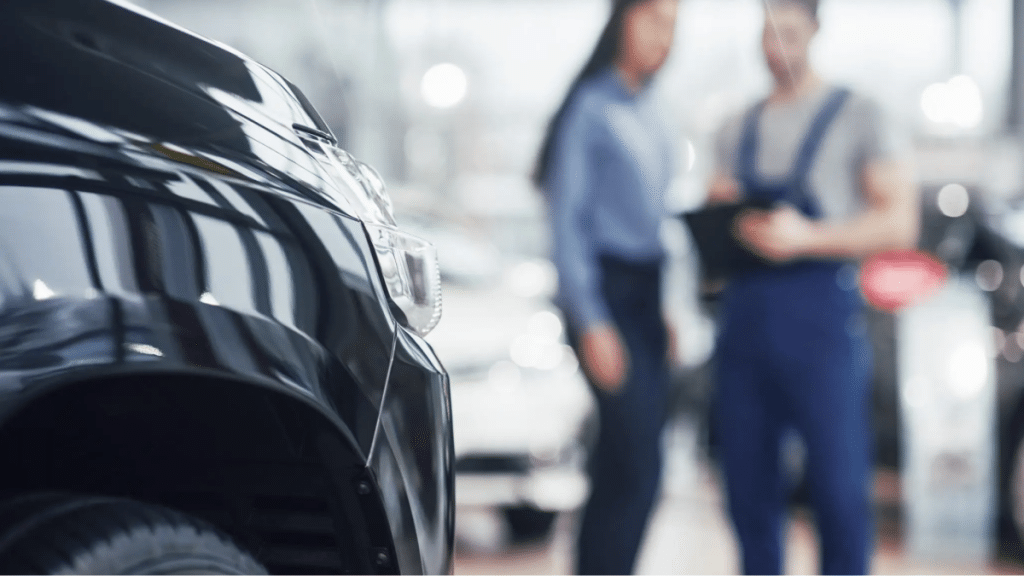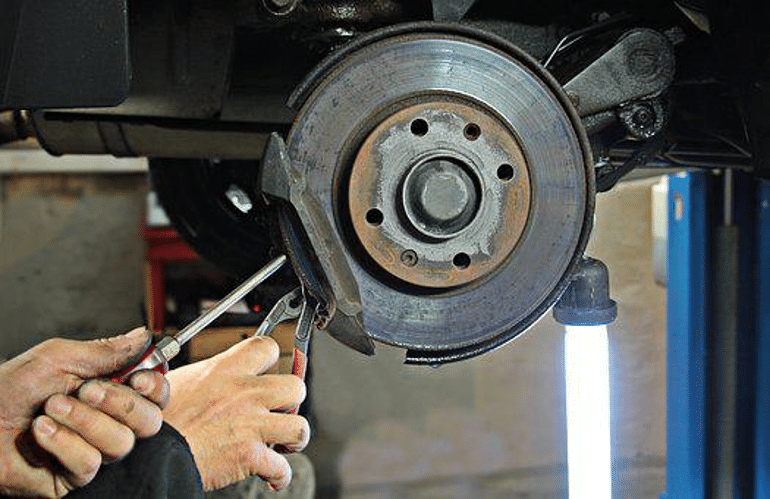Now more than ever, it is essential for you to take care of your vehicles. Amidst chip shortages, soaring interest rates, and an overpriced used car market, you will save a lot by taking care of what you already have.
By taking the time and energy to take care of your engine now, you will extend the life of your major systems and have the option of driving that vehicle even past 200,000 miles. On the other hand, if you don’t schedule routine car maintenance into your calendar, it likely won’t happen.
Every vehicle has a manual, and most people toss it straight into the trash. However, if you are one such person, don’t fret; most manuals are available online in pdf form. These manuals are important because the manufacturer details care and maintenance instructions that will keep your car in peak performance.
- Change Oil
- Rotate Tires
- Check and Maintain Alignment
- Wash Your Car
- Fill and Flush Fluids
- Maintain Your Brakes
It is never too late to start taking care of your car. Read on to find out the most important maintenance to keep your budget in check and optimize performance. Along with keeping your vehicle running, you can get better gas mileage and even save on taxes.

Change Oil
An oil change is the most mundane and important maintenance you should always perform. One of the most expensive repairs you can face is an engine problem. You must change the oil regularly to help your engine stay in the best shape possible.
Your engine involves many moving parts. To keep those parts running smoothly, the engine relies on oil to keep cool and the moving parts lubricated.
Good oil means less debris running through your engine, better emissions, and even better gas mileage (cutting down friction throughout your engine).
Rotate Tires
Keeping your tires rotated and balanced also helps your wallet. Fuel efficiency suffers when you have extra friction while your vehicle is in motion.
Proper inflation in your tires also helps optimal performance. If you keep a close eye on tire pressure you will improve your gas mileage, lifespan of your tire, and safety. The right amount of air in your tires improves handling so that the car drives the way it should.
Because the weight in your vehicle is not evenly distributed, your tires naturally wear unevenly. Rotating your tires ensures a more consistent wear pattern. A tire rotation will prolong the life of your tires and will decrease road friction.
Check Alignment
In the same category as tire rotation, keeping your car in alignment helps fuel efficiency and wear and tear and prolongs the life of your tires. New tires are nothing to scoff at, especially since you must replace them all at the same time. Though you can get by replacing only two at a time, replacing them all at the same time is recommended.
Improper alignment is the top contributor to premature tire replacement. So if you want to get every mile you can out of your tires, you must maintain good alignment.
Good alignment also ensures your wheels are driving with the least friction. As stated earlier, the less friction, the better your gas mileage. Keeping good alignment stretches the lifespan of your tires and aids fuel efficiency.
Wash Regularly
It may not seem like one of the more critical care tips; it might even seem too simple, but washing your car goes a long way.
Paint jobs can be pretty costly, and rust damage is irreversible. So, regularly cleaning your car will save money in the long run. You put your vehicle through a lot, and that “a lot” eats away at your clear coat, paint, and undercarriage.
Living in the midwest makes undercarriage cleaning an absolute must. Winter roads can be dangerous to driving and to your car. The amount of salt corroding your vehicle’s undercarriage and paint job every winter will age your car in no time.
Driving a nice-looking vehicle will help you put up with an older car much longer and give you more time to look for a new one. To keep it looking good, you should put effort into maintaining its clear coat. Bird poop, salt, and sludge from the road all corrode the clear coat, so promptly cleaning those things off keeps your paint looking good.
If you feel ambitious and want to help your car look good for years to come, consider waxing your car twice a year. Wax makes bugs, poop, and sludge easier to clean off and provides one more layer of protection for your car’s paint.
Maintain Fluids
Consider the most expensive repairs a car can require: focusing on prevention wards off these repairs. Transmissions are infamous for blowing budgets, but you can maintain yours with a few simple steps.
Checking your fluids is free if you learn to do it yourself. Fluids cool your car and keep it running optimally. So always keep your fluids filled and occasionally flush the system and replace the fluids.
Transmission fluid and your car’s radiator are two essential components that keep your transmission running cool. Overheating can be dangerous for you, but it’s also bad for your transmission, so maintaining these fluids is vital to your transmission’s lifespan.
Most places that change your oil can check and top off your fluids as a courtesy. In addition, most mechanics can offer system flushes, including fluid and filter replacements.
Monitor Brakes
Replacing rotors can be expensive, so maintaining your brake pads is a much cheaper option to stave off the rotor replacement. You can combine the timing for most of your routine maintenance. You should check your brakes as often as you rotate your tires.
If your daily commute involves heavy traffic, you’ll want to keep a closer eye on your brakes. You can check them at home with a flashlight or listen and feel for common brake indicators.
Most brakes are designed to squeal when it’s time to replace pads. Do not ignore this squeal and get those pads replaced ASAP. Brake pads are much cheaper to replace than rotors.
Your brakes also require fluid; as was already discussed, you must maintain fluids. Sure, brake lines are a closed system, but microscopic amounts of air and fluid can get into the lines. Checking your fluid and keeping it in good condition will prolong the life of your entire braking system.
Stay Scheduled
All of this maintenance is a general rule of thumb. If you drive considerably more than an average person, provide this maintenance more frequently. Likewise, if you regularly drive substandard roads or are harder on your car with braking and handling, you’ll want to perform these checks more often.
Your driver’s manual will be your gold standard for maintenance schedules. It goes by mileage, so it won’t necessarily account for bad roads or heavy traffic. Remember, these little tune-ups will considerably lengthen the life of your car.
Also, performing these checks or talking with your technician about the process will help you better understand your car. The more you understand your vehicle, the better chance you will find a trustworthy mechanic and take better care of your car. You can save so much money by just knowing simple facts about your vehicle.
Maintaining a good car routine will help your car last much longer and hold off the most expensive repairs as long as possible. In addition, many state vehicle taxes go down over time, so driving an older vehicle can save as much as $100 a year on tab renewal.
If you don’t understand what your mechanic is saying, ask them to explain it until you do. Just as in every area of life, knowledge is power.


